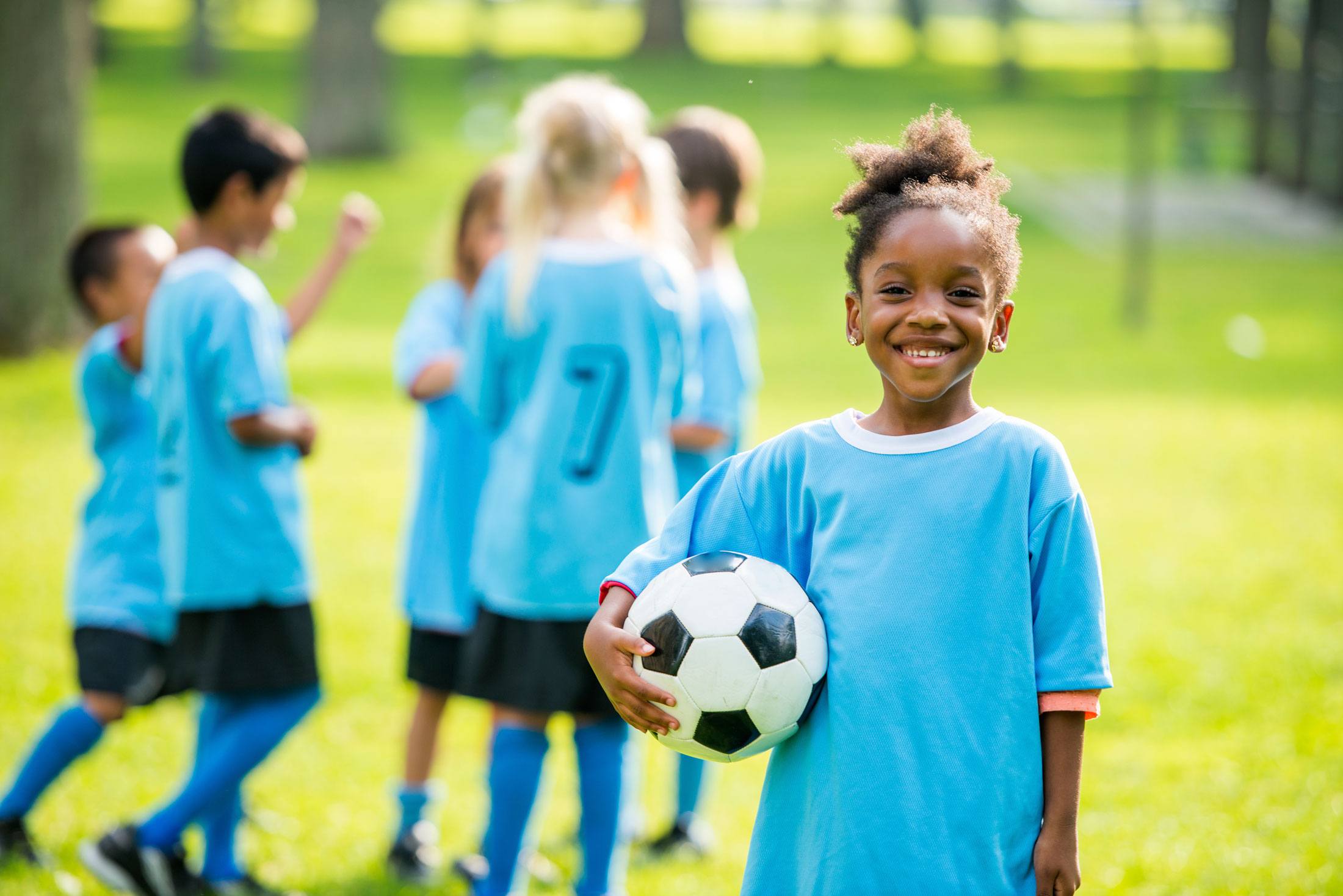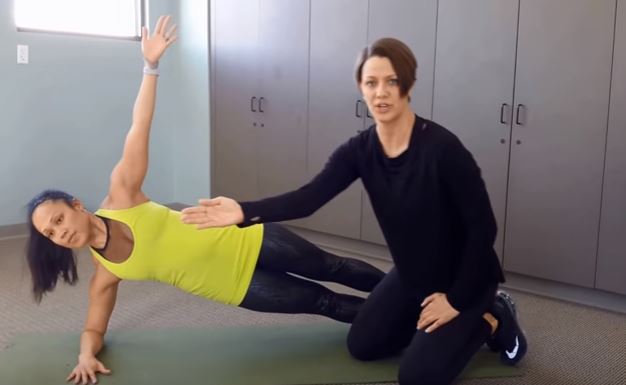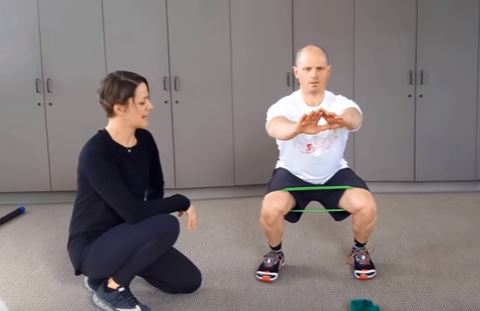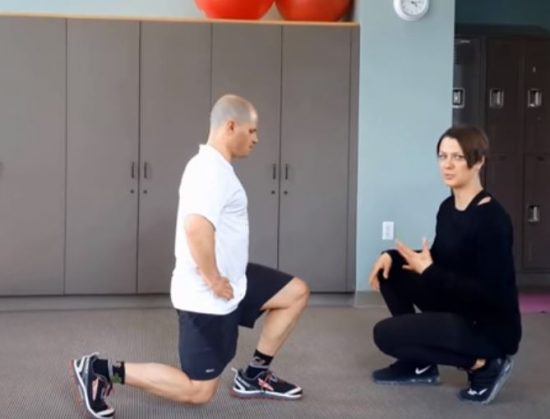
and written by Mike Hoenig, MD
Sports-participation promotes physical and emotional wellness in children but too much physical activity can lead to injury. Repetitive stress injury, also known as overuse injury, is becoming a significant concern for orthopaedic doctors—especially at a time where the number of duel-sport athletes continues to grow.
Because of this, in my work as an orthopaedic specialist, I’ve seen this type of injury become commonplace, with overuse injuries affecting muscles, ligaments, tendons, bones and growth plates.
It’s important to remember that young athletes are still growing—often at a fast rate—putting them at a greater risk of developing an injury that could potentially lead to long-term health problems.
Overuse injuries attribute to approximately 50 percent of all pediatric sports-related injuries, but there are simple steps parents, coaches and even young athletes themselves can take in preventing them:
1. Pre-Participation Physical Examinations
Pre-participation physical examinations are important for all adolescent athletes. These exams are used to screen for potential risk factors including injury history, flexibility, joint stability and anatomic misalignments.
Those with noted deficits should be referred to appropriate medical specialists such as athletic trainers or physical therapists for corrective rehabilitation in order to prevent recurrent injuries.
2. Nutrition For Athletic Performance
Proper nutrition is essential to the body’s ability to perform, recover, and become stronger. Young and growing athletes expend a lot of energy during physical exercise and many do not consume enough calories to meet their energy demand.
This is a big concern for orthopaedic doctors like myself because poor nutrition can lead to decreases in bone density, overuse injuries and potential stress fractures.
3. Proper Equipment Matters
Clothing and equipment vary from sport to sport and while it can be expensive to replace, the equipment from last season may not fit your child properly, potentially leading to injury.
Common overuse injuries involve the knee and foot, so shoe selection and replacement is also critical—especially for sports that involve running.
4. Stretching Can Aid in Prevention
The most common overuse injury across all sports is tendonitis. Depending on the severity, tendonitis can be intermittently or chronically painful. Warming up and cooling down with appropriate stretching is critical in preventing overuse injuries.
With that being said, young athletes should be educated on how to properly stretch to avoid hypermobility, which can lead to further injury.
5. Selective Rest is Key
It’s common for kids to feel pressured to play through the pain and while psychologically they feel tough, physically their bodies can only handle so much.
Overuse injuries only get worse—playing through the pain increases damage to the body and therefore recovery time. Any persistent pain or injury needs to be seen by an orthopaedic doctor immediately.
In addition, parents should be aware of warning signs including pain, swelling, changes in form or technique, and decreased interest in practice.
6. Avoid Overdoing Any Single Sport
Limit the number of teams your child plays on in a single season. Kids who play on more than one sports team could be physically overdoing it and are especially at risk for overuse injuries.
The same applies to year-round sports; taking regular breaks and playing other sports can be essential for skill development and injury prevention. Several studies have shown a correlation between higher rate of overuse injuries and playing one sport year round.
This points out that young athletes are simply doing more than their developing bodies can handle.
Most athletes will likely experience sports-related injuries for at some point, but overuse injuries can be prevented if these simple precautions are taken. It’s important to remember most of the time coaches are focused on a whole group of kids, not just yours, so encourage your child to speak up if something isn’t right.
Mike Hoenig, MD, of Orthopaedic Associates, specializes in sports medicine, arthroscopic surgery of the shoulder and knee and is also a trauma orthopaedic surgeon for an area Level One Trauma Center. –







